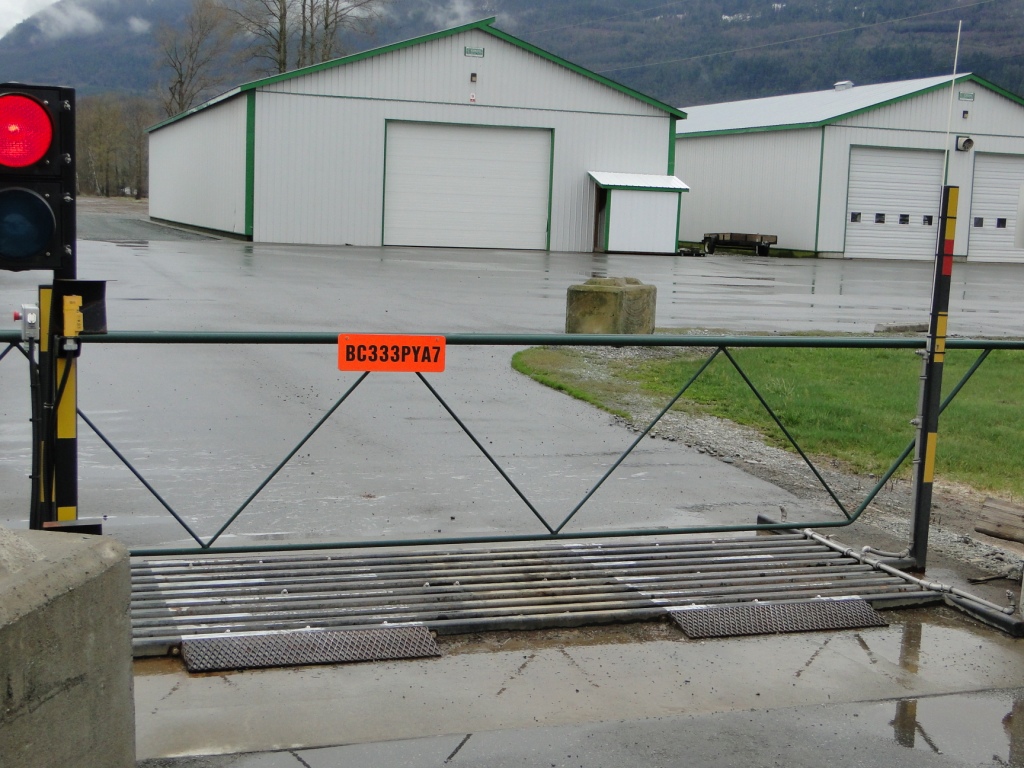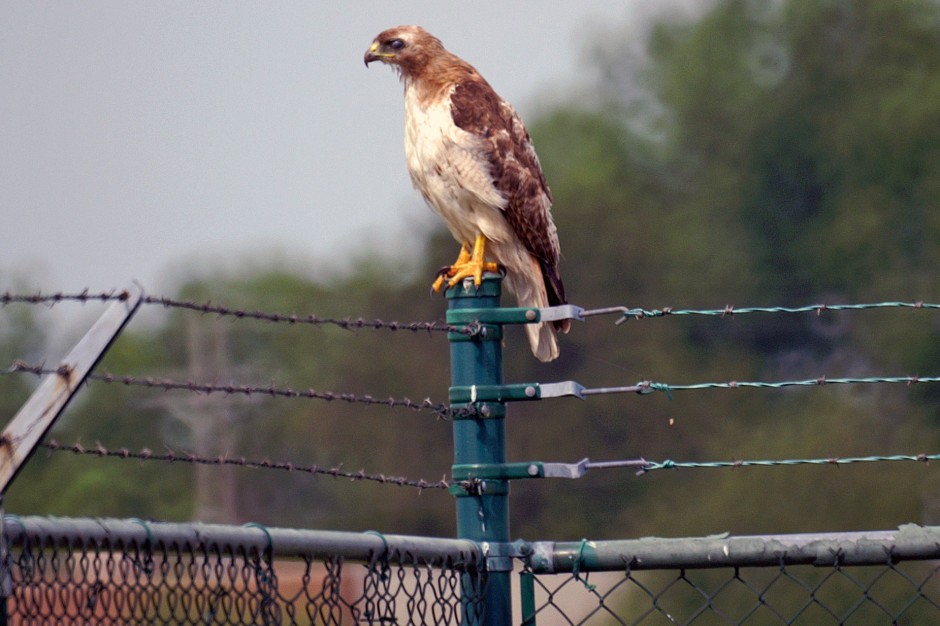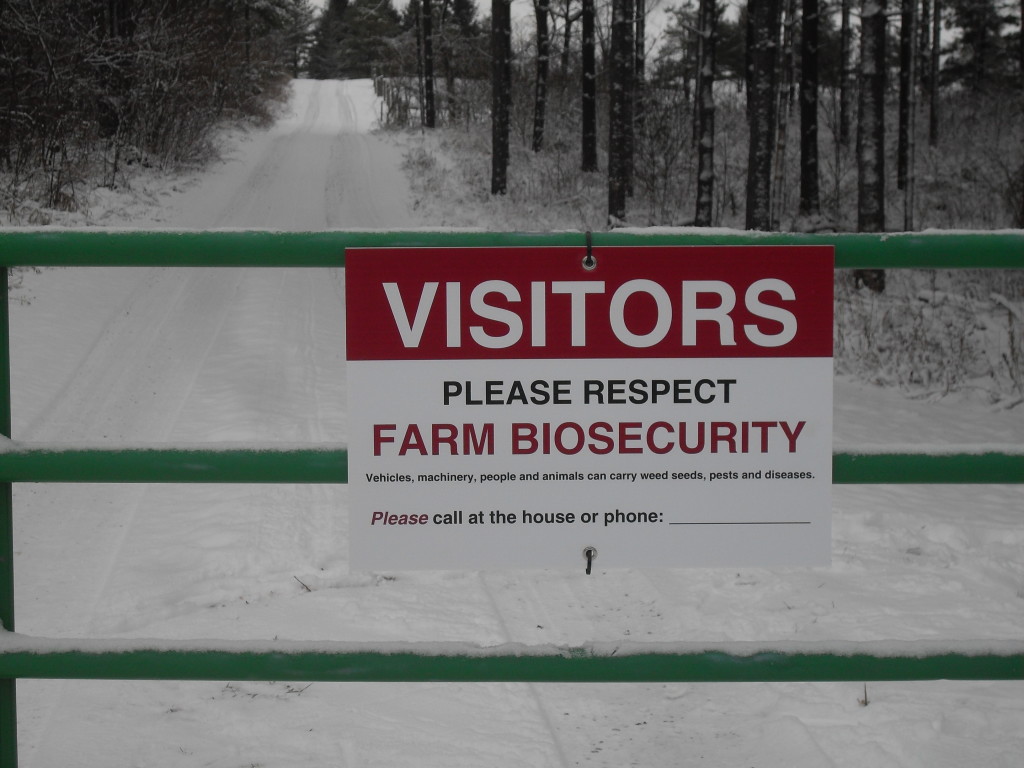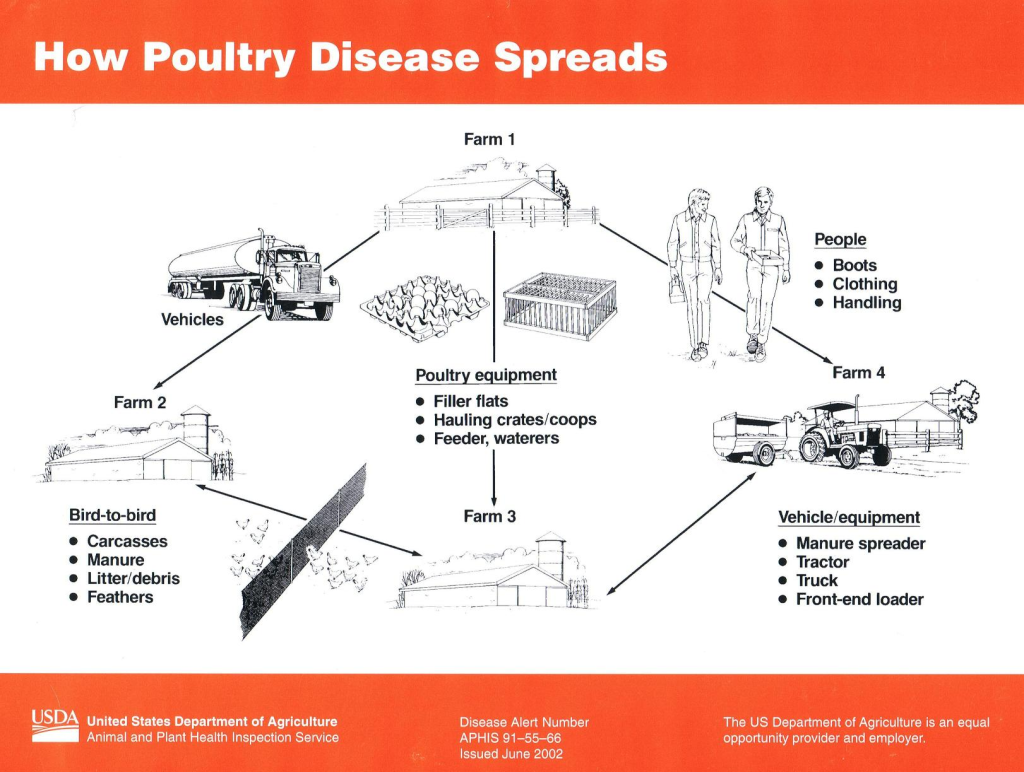Bio security in poultry farms is designed for the protection of the animals against the outbreak of a number of diseases. It is achieved by making use of several strategies and practices that the minimum levels of contagious organisms are able to farming settings. It is a fact that bio security is indeed the cheapest of all the methods which can be used for the prevention of any disease. There is none of the disease prevention that is going to function without the use of this mechanism mentioned in almost all of the poultry farm guides.
Defining Bio security
There are three different components through which bio security in poultry production can be understood. These include
- Isolation
- Sanitation
- Traffic Control
Isolation refers to the process of keeping the animals confined and protected in a specialized environment. An example of this might be the use of fences which help in keeping your animals protected and at the same time also help in keeping the predators out of the specified area. The in and out management styles also come in handy in taking the animals out at certain times, so that the cleaning process might be performed.
The second crucial component here is the use of traffic control for controlling the traffic that goes into and out of your farm.

The processes of sanitation ensure that the materials are never disinfected. Furthermore, it also makes sure that the personnel entering the farm from time to time are also infection free.
It is due to the size of the larger farms and the number of animals imported and exported that the bio security measures are of extreme importance for maintaining the productivity of the farm.
The poultry bio security personnel should always be vigilante in working the health maintenance professionals at the farms for the purpose of providing a better environment to the animals for their growth and protection.
Spread of Microorganisms
The contaminated equipment is one of the major reasons for carious microorganisms that are able to effectuate the cleanliness of the environment and the health of the animals. The same also applies to various animals including rodents and wild birds that might come to cause the spread of these minute sized organisms. Moreover, the animals such as dogs, cats, beetles and flies also come to cause this diffusion of viruses. So, for the sake of enhancing the bio security of their farms, the poultry producers should make use of the following tips and poultry management practices.

Minimal Visitors
You should always try to ensure that the minimum numbers of people are able to enter the farm. Furthermore, you should also ensure that the people who do enter the farm have a protective layer of materials and some special clothing so that they might not initiate the spread of infections. The people who should be restricted at the farms include friends, relatives, utility service personnel and many more. In simple, allow only those few number of people who are responsible for managing the devices and instruments for keeping the environment clean and intact for the growth of the animals. Now here you can make use of the method of record keeping at your farm. This might come in handy in knowing the people responsible for the spread and in taking the actions necessary for the disease prevention in poultry.

Limiting the visits to other farms
Poultry farmers and professionals should also ensure that they do not frequent visits to other farms, as this might increase the chance of diseases transfer from one farm to the next. But if the visit is inevitable, then do take some necessary precautions for limiting the effectuations of the viruses and microorganisms on other farms.

Pest and Rodent Control Programs
The poultry farmers should consult with the poultry health professionals and personnel for introducing and using several pest and rodent control programs, as these animals might come to cause a great deal of damage to the health of all the domesticated animals and birds. It is through the elimination of these pests and rodents that you would be able to reduce the levels of risk linked with the spread of contagious viruses and disease control measures.
Inspection of Flocks
Make all possible arrangements for the inspection of your flocks at regular intervals. It is recommended here that try to carry out this inspection 4 to 5 times a week, so that any emerging disease might be grappled and dealt in time. This process would also ensure that the diseases and viruses are not diffused from one animal to the next. Moreover, the detection procedures used should also be efficient enough for pointing out even the minor presence of microorganisms and other transmissible viruses.
Keeping the Outside Environment Clean
The poultry owners and farmers should ensure that all the grass and weeds are cut in time, especially the ones that surround the farm. It is in these grassy environments that the rodents seek refuge and come to attack the animals in times of high susceptibility.
Inspecting disease symptoms:
The poultry farmers must be aware of disease symptoms that might appear in the flocks because of virus’s spreadation. Early detection provide a better control on further spreading of disease, symptoms that might occur are
- lack of appetite and energy
- reduction in egg production
- misshaped or soft-shell eggs
- swelling of eyes, head, comb, hocks and wattles
- discoloration of legs, combs and wattles
- nasal discharge
- sneezing, wheezing and coughing
- diarrhea
- excess or sudden mortality other than clinical signs
It is grade A information on bio-security and i agreed with the write-up, and as a consultant in poultry management, i’ll be able to apply and use it to educate most of my clients. Thanks
good practicable biosecurity plan
i like it and want more practical information